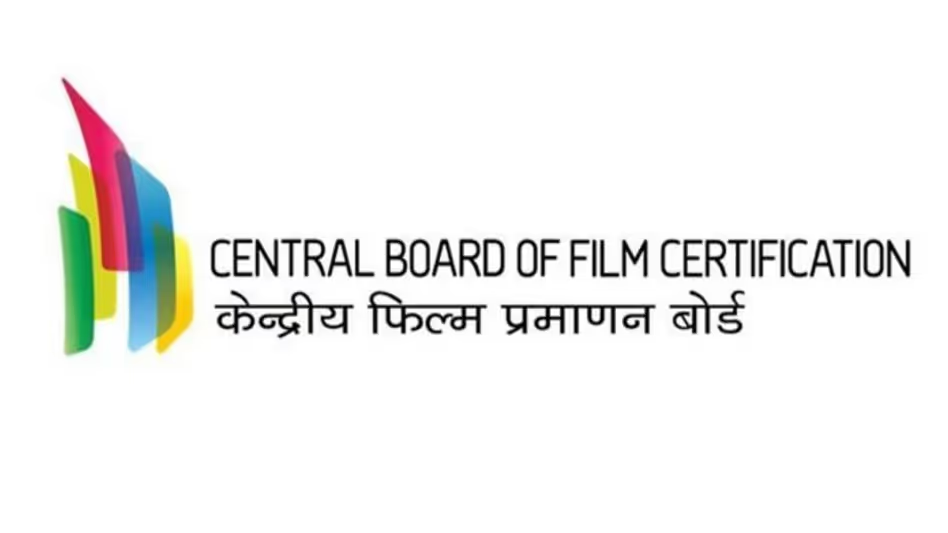CBFC urges Manipur government to enforce Cinematograph Act 1952
Short Summary
Manipur’s government has stepped up enforcement of the Cinematograph Act, 1952, ensuring all films shown in the state carry valid CBFC certification. This move follows tighter national certification norms, like age-based ratings and online validation, to curb uncertified screenings and uphold legal exhibition standards
Tightening the Spotlight: Manipur’s Push for Film Certification Compliance
Introduction: What’s Happening in Manipur?
Picture walking into a local theatre, excited for a film, only to find out it’s uncertified—illegal, unregulated, maybe even full of questionable content. Well, that’s the exact scenario Manipur’s government is now cracking down on. They’ve announced stricter enforcement of the Cinematograph Act, 1952, ensuring every screening bears a valid CBFC certificate. This isn’t just about rules; it’s about safeguarding viewers—especially minors—from inappropriate content and aligning with national reforms that bring clarity, transparency, and digital ease to film exhibition 🍿.
1. Why Certification Matters More Than Ever
You might ask: “Why all the fuss about certification?” Here’s the deal: films exert massive influence—sight, sound, story—engaging emotions deeply. That’s why the CBFC’s job is so crucial. Its 2024 rules introduced neat changes: clearer age-group labels (U/A7+, U/A13+, U/A16+), digital certification, and viewing transparency—all designed to inform viewers and protect the vulnerable Manipur’s enforcement echoes this broader intent.
2. The Cinematograph Act: A Legal Rundown
Let’s break it down:
- Cinematograph Act, 1952: The legal backbone mandating film screenings only with CBFC certification .
- Key Violations: Showing uncertified films, screening adult-rated films to minors, or adding deleted content back in—each is a serious offence
- Penalties: Fines up to ₹1 lakh, possible jail up to 3 years, and ₹20,000 per day of ongoing violation
By clamping down now, Manipur sends a strong message: rules aren’t suggestions—they ensure safety and legality.
3. Boosting Viewer Safety and Content Integrity
For families in Manipur, this means:
- Certainty: Every screening meets legal standards.
- Protection for minors: Age-based ratings mean what’s screened is appropriate for your kid’s maturity.
- Content trust: No sneaky additions of deleted scenes or shocking material.
These standards safeguard not just morality but mental well-being too.
4. Digitalization & Ease of Doing Business
The 2024 certification rules introduced full digitization—from online applications to e-certification—with clear turnaround times and priority processing Manipur enforcement taps into this digital shift, making compliance smoother for distributors and exhibitors while keeping regulatory oversight intact.
5. Empowered CBFC & Regional Offices
CBFC isn’t centralized drama anymore. It has nine regional offices—including Guwahati, covering Northeast India Local authorities in Manipur now have more authority to monitor, inspect, and seize uncertified prints under Section 7A of the Act . So yes—state-level vigilance is no joke.
6. Impacts on Theatre Owners and Distributors
What’s this mean on the ground?
- No more gray-area screenings: Houseful? Too bad if uncertified—legal screens only.
- Operational readiness: Theatres must maintain valid digital certificates. Ready for digital checks.
- Backlash risk avoided: No fines, no jail, no public uproar—compliance is the path of least resistance.
7. Aligning with National Standards
Why now? Because film certification is evolving nationally:
- 2023 saw Cinematograph Act amendments.
- 2024 brought new certification guidelines—digital, inclusive, and transparent
- Manipur simply isn’t behind; it’s enforcing what’s already in effect nationwide.
Think of it as putting a spotlight on the newly defined standards—on purpose.
Conclusion: More Than Just a Ticket Check
Manipur’s stronger enforcement of film certification isn’t a bureaucratic hassle—it’s protection in action. It ensures public safety, supports legal frameworks, reinforces digital progress, and aligns with national reforms. If you’re a filmmaker, exhibitor, or family, here’s what you gain: trust, compliance, and an enriched film-watching experience worth every rupee.
Frequently Asked Questions
- What’s the Cinematograph Act about?
It’s a 1952 law requiring CBFC certification for any publicly screened film in India - What are the penalties for showing uncertified films?
Up to 3 years jail, ₹1 lakh fine, plus daily f ₹20,000 for continuing offences - What changed with the 2024 certification rules?
They introduced online applications, age-based ratings (U/A7+, etc.), priority screening, indefinite certificate validity, and more female representation - Why is Manipur enforcing certification now?
To align local enforcement with national reforms and ensure public screenings are legal, safe, and transparent. - How will enforcement affect my local cinema?
You’ll need valid e-certificates, train staff on digital checks, and schedule screenings only when compliance is in place.





